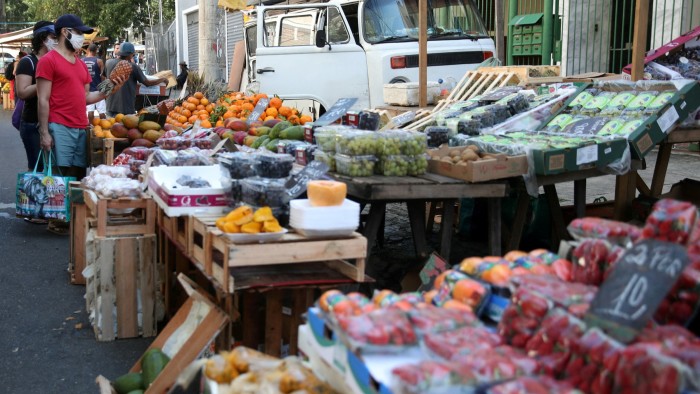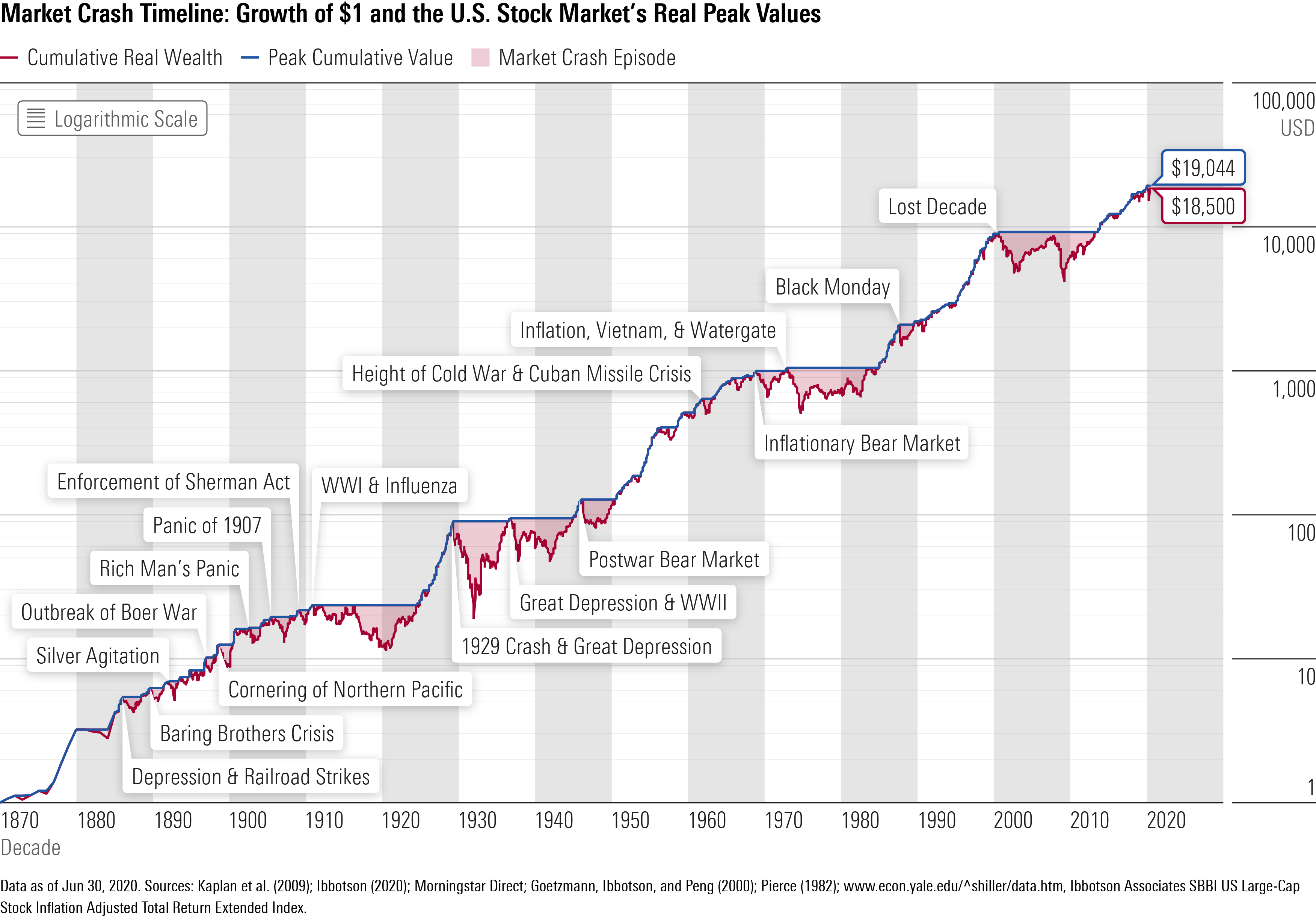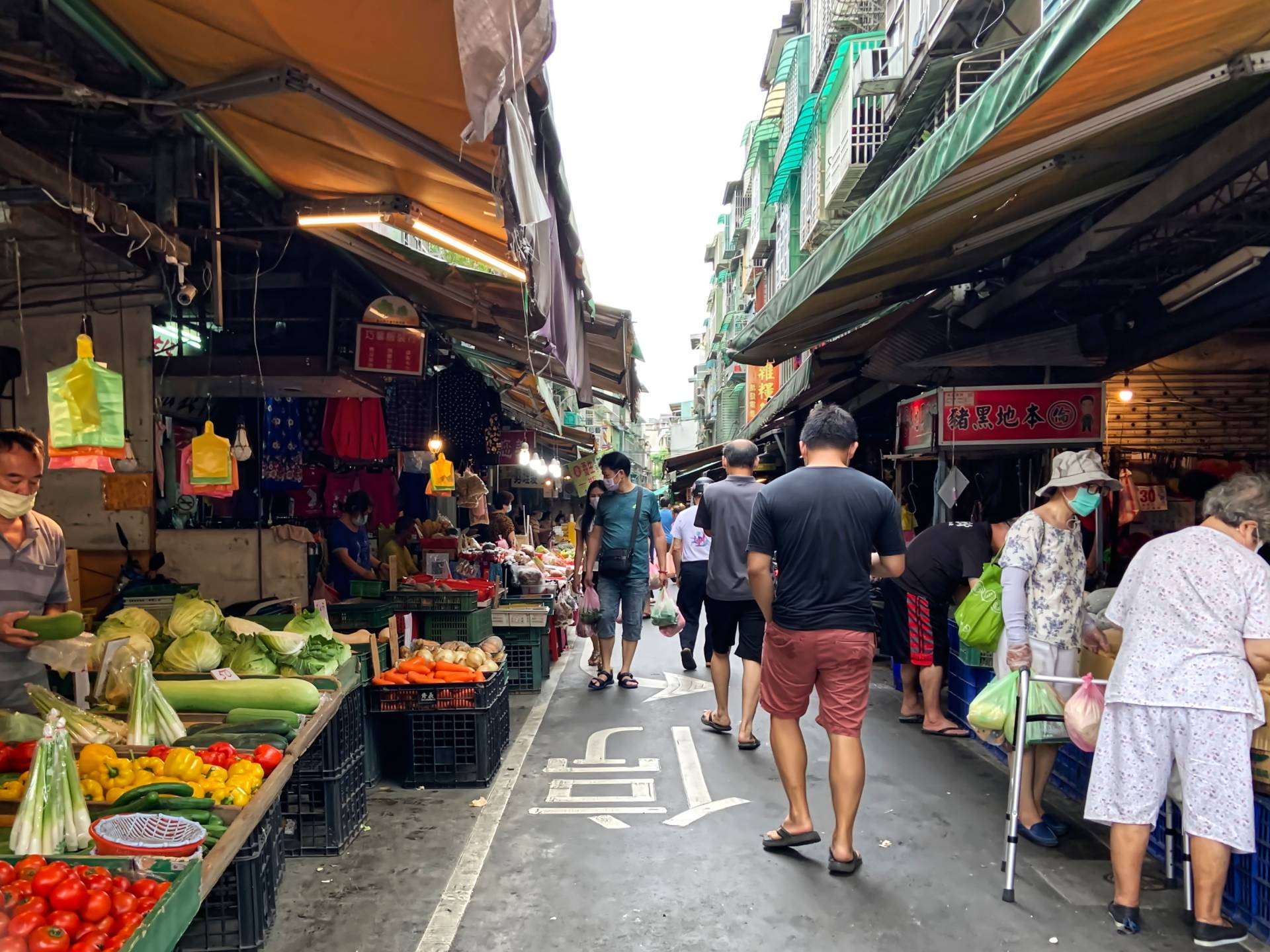
A better understanding of 'wet markets' is key to safeguarding human health and biodiversity
To help policymakers distinguish benign markets from dangerous ones, a team of Princeton researchers led by Bing Lin and David Wilcove analyzed the different types of so-called 'wet markets,' how they function, and the risk they pose to people and wildlife.
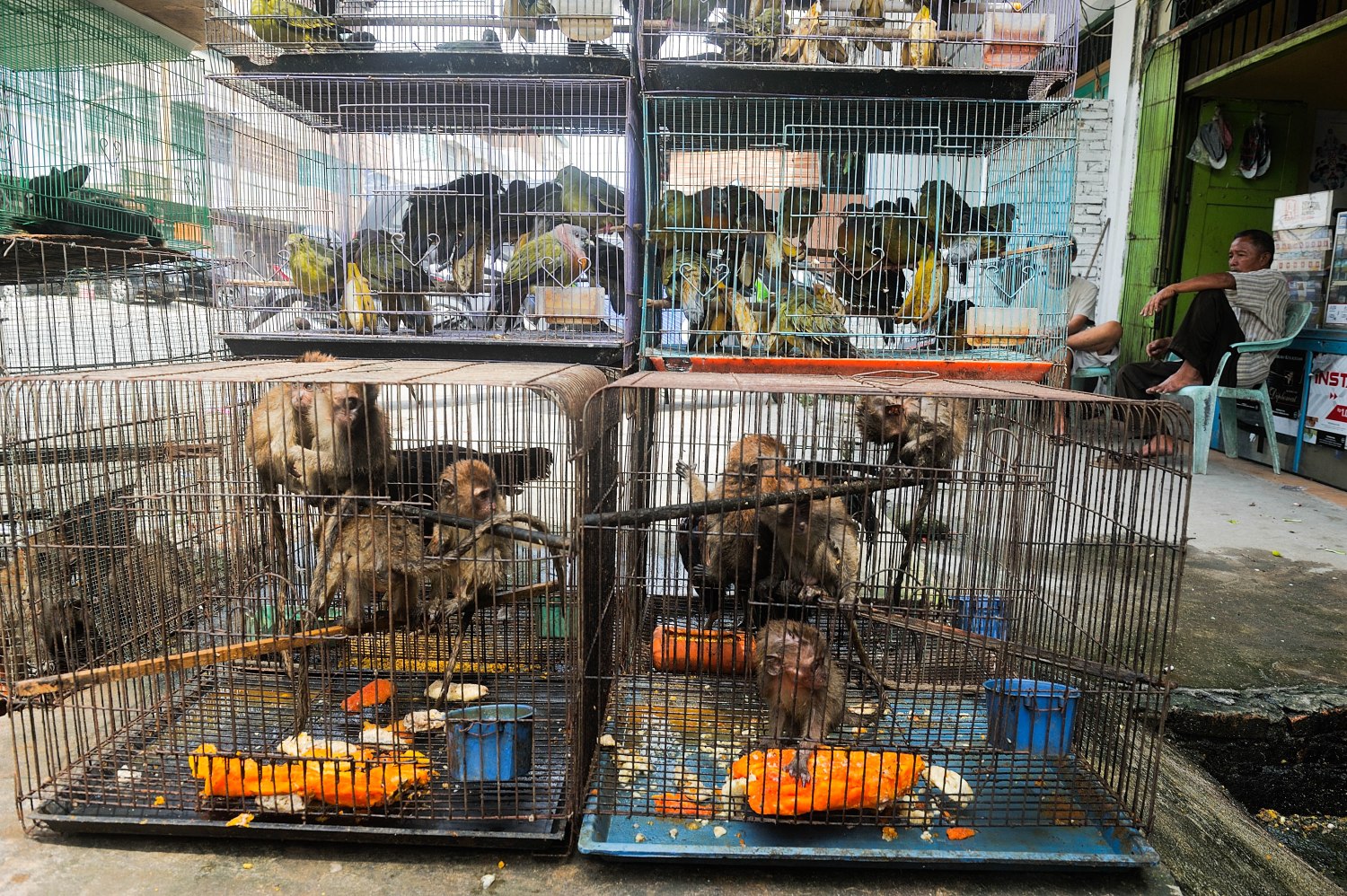
Preventing pandemics through biodiversity conservation and smart
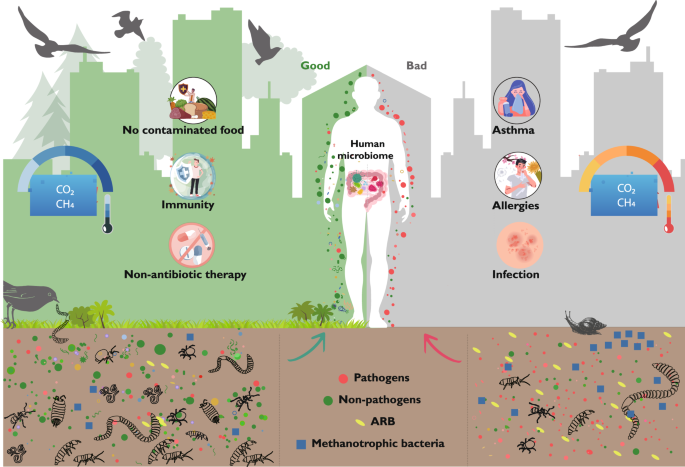
Harnessing soil biodiversity to promote human health in cities
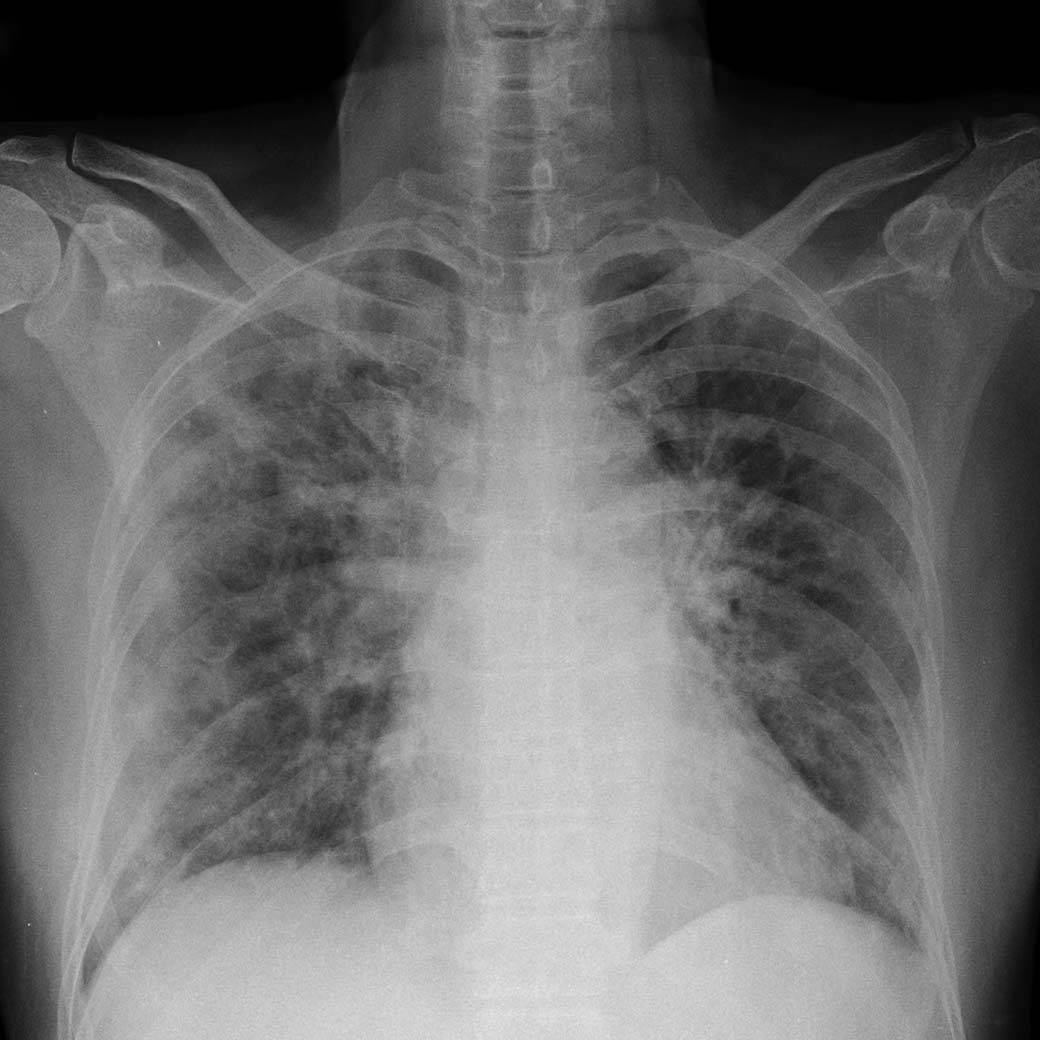
AI tool gives doctors a new look at the lungs in treating COVID-19

How “One Health” can prevent pandemics

Large, delayed outbreaks of endemic diseases possible following COVID-19 controls

We Roar': A COVID vaccine in 12-18 months? Don't count on it

Laugh, cry, click, share: Princeton virtual theater experience aims to disrupt stigma around mental illness
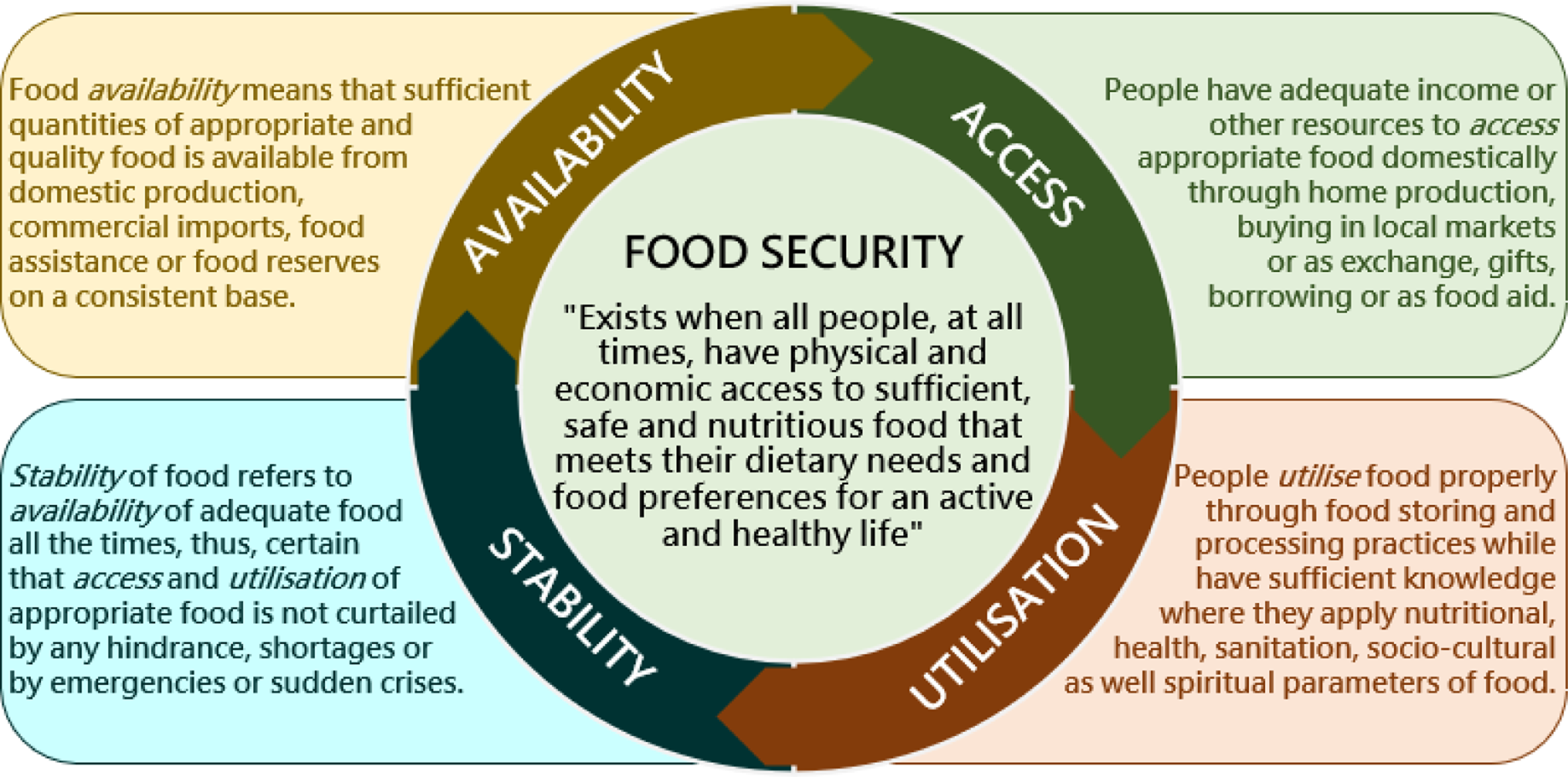
Climate change and food security in Sri Lanka: towards food

Biodiversity, cultural pathways, and human health: a framework
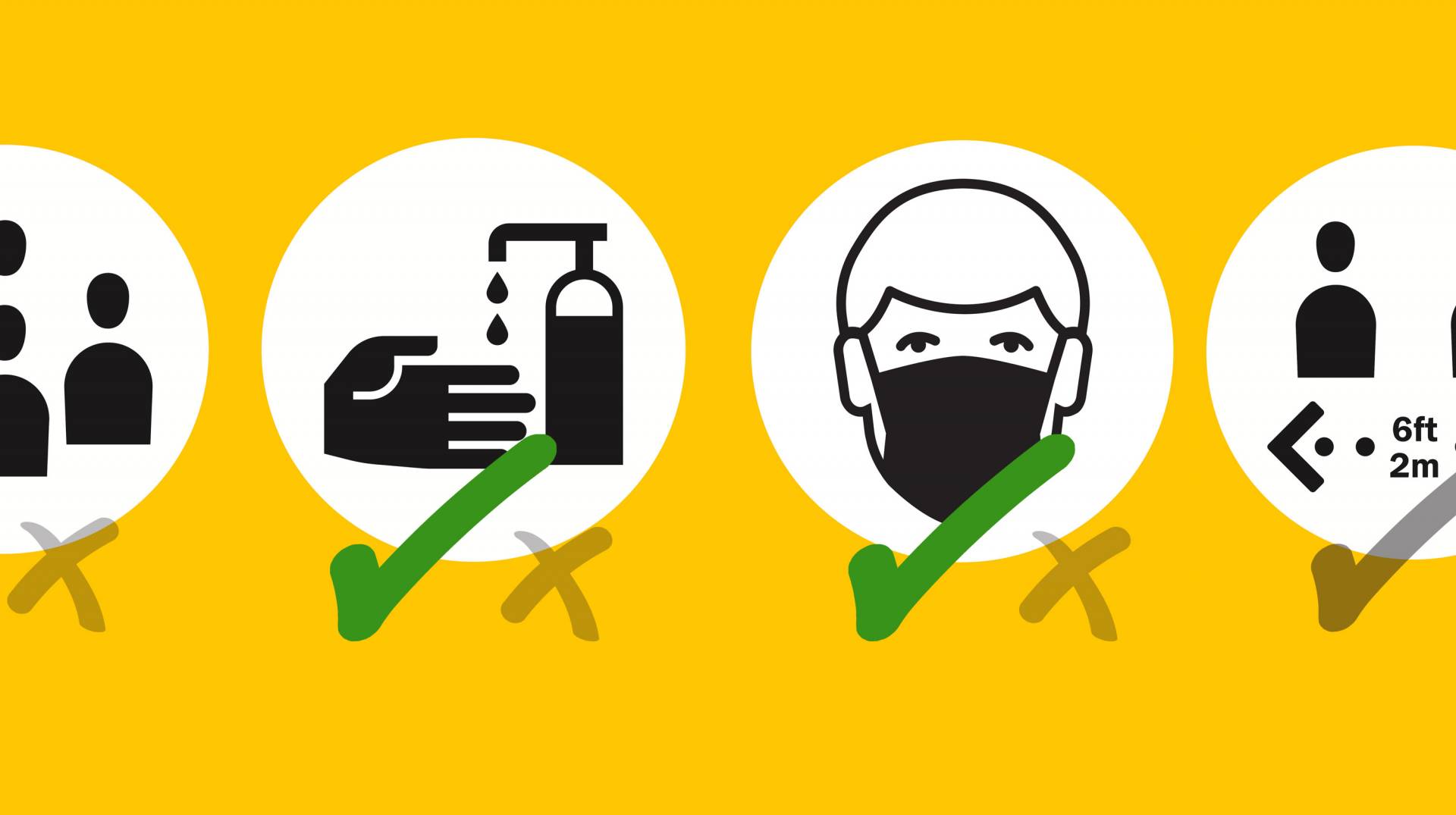
How we can use psychological principles to foster collaboration in the fight against COVID-19
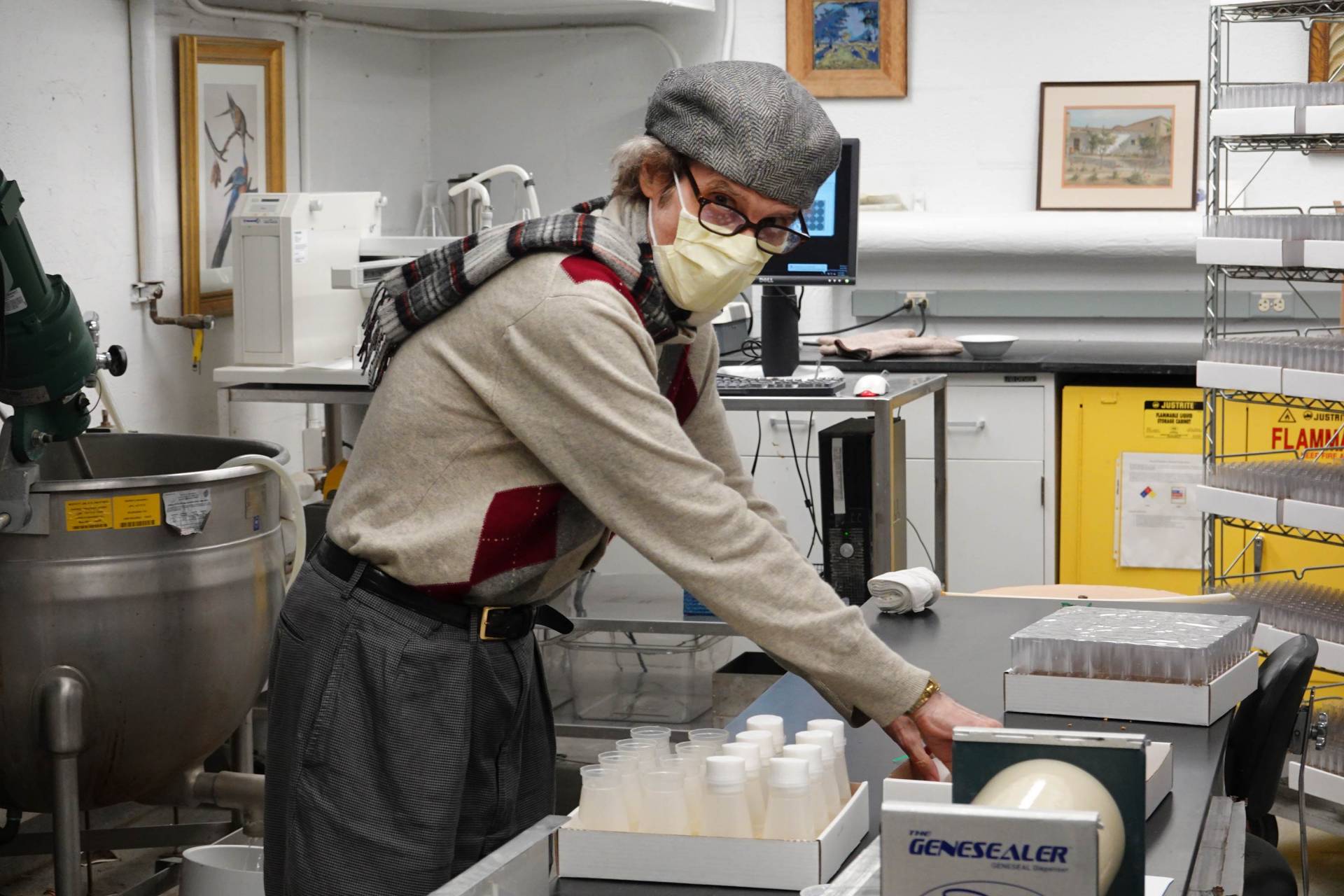
Essential work: Princeton's fly food chef provides sustenance for life-sciences research

Wet market - Wikipedia

Global governance for pandemic prevention and the wildlife trade

Princeton researchers map rural U.S. counties most vulnerable to COVID-19

